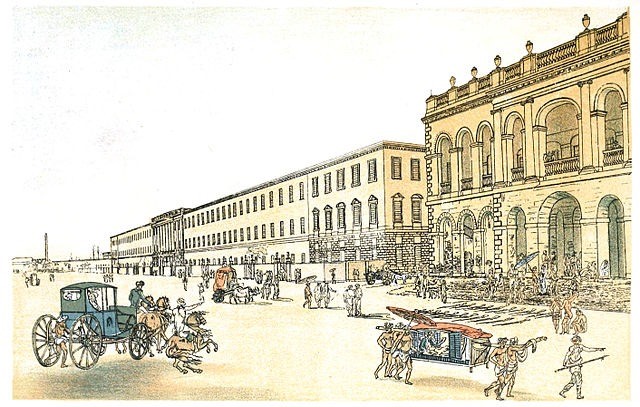On February 6, 1779, Justice Robert Hyde of Calcutta’s Supreme Court delivered a landmark verdict reinforcing British judicial authority in Bengal. This ruling, issued amid rising tensions between colonial administrators and local traders, established precedents for property rights and contract enforcement that shaped India’s colonial legal framework. The decision coincided with the expansion of indigo plantations near Barasat, foreshadowing economic shifts that would dominate 18th-century Bengal. Historians highlight Hyde’s judgment as a turning point in legitimizing the East India Company’s governance, embedding British legal systems into India’s socioeconomic fabric.
Source: The Telegraph India
